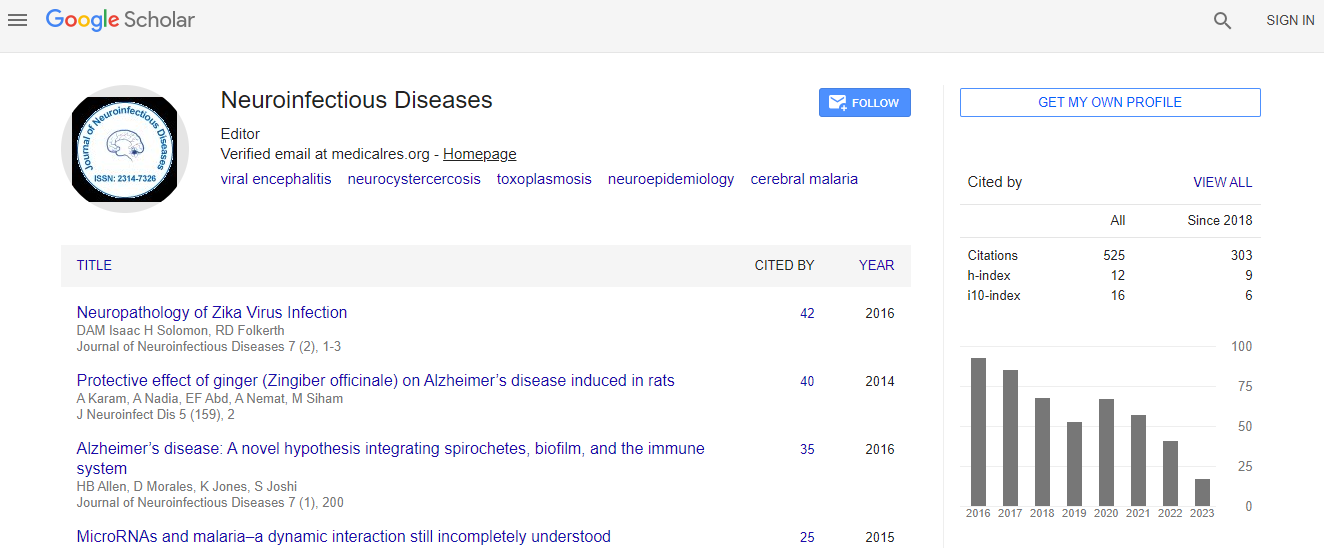Perspective Article
What Could Be a Primary Cause of Multiple Sclerosis: Is It an Autoimmunity Triggered by Chronic Protozoan Infection?
Abstract
The generally accepted paradigm of multiple sclerosis is the autoimmune one; still, a body of evidence suggests that this disease may actually be triggered by an infectious factor. In this paper, it is hypothesized that multiple sclerosis may actually be a rare complication of a protozoan infection, which is usually asymptomatic but in some susceptible individuals is accompanied by autoimmune attack against the nervous tissue. If multiple sclerosis were actually caused by such an infection, then a microorganism responsible should exhibit several properties: it (i) is transmitted by an arthropod vector; (ii) is characterized by specific metabolism of the lipids; (iii) should be dependent on iron; (iv) should be associated with an autoimmune response of the host; and (v) should be susceptible to pharmaceutical agents used for the treatment of multiple sclerosis but not to the degree that would allow its eradication. A combination of these properties suggests a role of a blood-residing protozoan.

 Spanish
Spanish  Chinese
Chinese  Russian
Russian  German
German  French
French  Japanese
Japanese  Portuguese
Portuguese  Hindi
Hindi 
